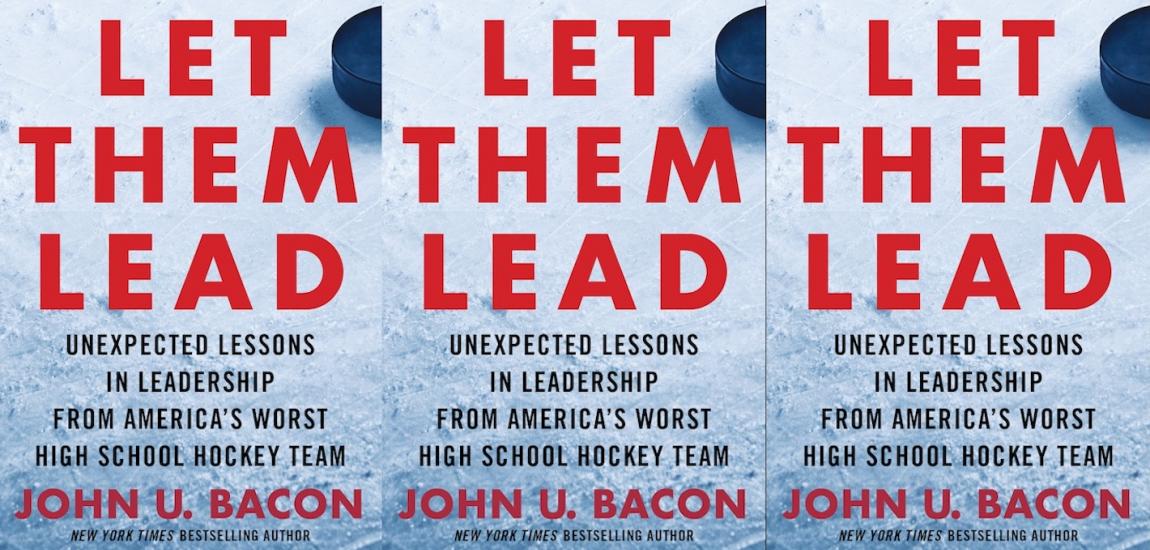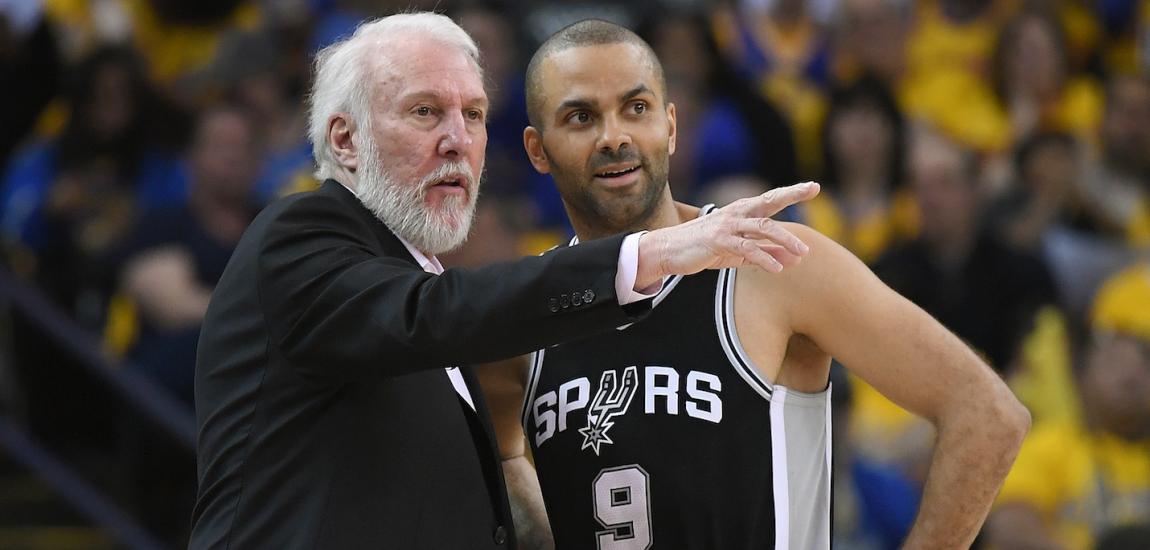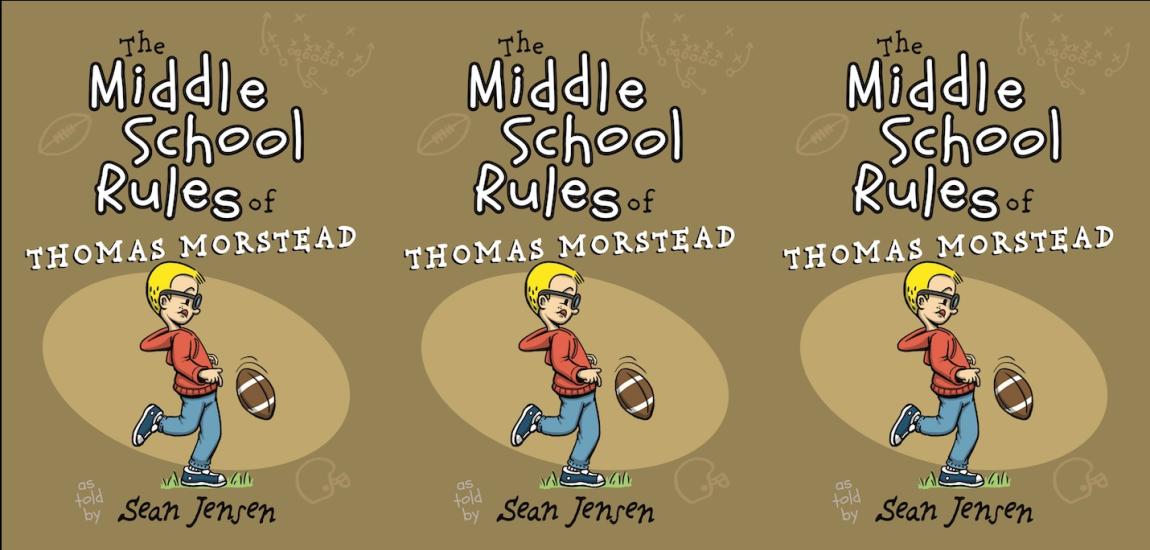When Lopez Lomong was 6, every boy in his village in Sudan was abducted and taken to a prison camp, where they'd be beaten, starved and trained as child soldiers. Sometime later, he escaped, ran three days to a refugee camp in Kenya and spent the next 10 years there as an orphan. His family assumed him dead, as he assumed them to be. In 2000, he watched Michael Johnson win a gold medal on a black and white TV rigged to a car battery in a farmer's hut and decided he wanted to run. He went on to run for the U.S at the 2008 Olympics in Beijing where he was the flag bearer at the Opening Ceremonies, and he goes for gold in London in the 5,000 meters. This is an excerpt from his book Running For My Life.
My eyes were closed in prayer when the trucks pulled up. I heard them before I saw them. When I looked up, I saw soldiers pouring out of the back of the trucks. They appeared nervous, as though they wanted to get this over with as quickly as possible. "Everybody down! Now!" they shouted as they ran into the middle of the congregation. I knew our country was at war. About once a month my mother and father grabbed me and my brothers and sister and ran for shelter as bombs fell in the distance from airplanes that flew far overhead. But I had never seen a soldier until this bright, summer Sunday, and I had never expected to see soldiers invade an outdoor church service.
The soldiers continued running and shouting. Our priest tried to reason with them. "Please do not do this now," he said.
The leader of the soldiers ignored him. "We're taking the children!" he screamed.
I did not know what he meant by that. I would soon.
My parents dropped to the ground, pulling me down with them. I huddled close to my mother's side. She wrapped her arm so tightly around me that my ribs hurt. All around me people screamed and cried. I started crying too. My mother tried to calm me, but she was as frightened as I was.
Suddenly I felt a hand on my back. I looked up and saw a giant man standing over me. When you are a little boy, every adult looks like a giant. His gun was slung behind his back. A chain of bullets hung across his chest. My mother pleaded with him. "No, no, no! Don't take my boy!" The soldier did not reply. With one hand he yanked my mother's arm off me while picking me up with the other. He dragged me past the giant tree at the front of our church and toward the trucks. "Hurry up. Let's go!" he yelled. All around me, other soldiers herded boys and girls and teenagers toward the trucks, all the while yelling for everyone to speed up.

I turned around. My mother and father were off the ground, chasing after me. Tears ran down their faces. They were not alone. All across our church parents chased their children, weeping and wailing. "Please do not take our children," they begged. "Please, please, we will do anything you ask -- just do not do this."
One especially giant soldier swung back around toward our crying parents. He waved his gun in the air and screamed, "One more step and we will open fire!" I could not see what happened next. I felt myself being picked up and thrown into the back of one of the trucks. I bounced off another boy and landed on the hot, dirty, metal truck bed. The truck was full of children from my church. A green canopy covered the top and sides of the truck bed, so I could not see out. Suddenly, the tailgate slammed shut and the truck lurched forward.
I did not know it at the time, but my childhood had just ended.
I was six years old.
The truck bounced down the road for three or four hours, but no one said anything to anyone else. I was too scared to start up a conversation.
I guess everyone else was too. At first we all cried, but eventually that stopped. Instead we rode along in silence, everyone wondering what was going to happen to us.
The metal truck bed burned my bare feet. I tried standing on the tops of someone else's feet to cool mine off, but he pushed me away. It was so hot inside that truck. The soldiers had tied the canopy down tight on every side to keep us from jumping out. Unfortunately, he tied it so tight that no fresh air could squeeze through.
The summer sun beat down on top of the truck, making it hotter and hotter in there. The light coming through the canopy gave everyone a green tint. Road dust seeped in through holes in the bed, which made it even harder to breathe.

Sweat poured down my face and stung my eyes. My clothes were soaked. The dirt in the bed of the truck turned to mud from all the sweat pouring off so many children crammed into that small space.
This was my first trip in a truck or any kind of car. In my village, everyone walked wherever we needed to go. everyone but me. I did not walk. I ran. My parents named me Lopepe, which in our language means "fast." As a little boy, I lived up to my name. I never did anything slow. When my mother sent me to get water, I raced down to the river with my five-liter tin can and ran back as fast as I could. When she needed salt, I ran to the neighbors' to borrow some and raced back so fast that it was almost as though she had the salt right there in our hut. Even though I ran everywhere, I always imagined traveling in a car or truck would be even better. But sitting in the stifling heat in the back of the army truck, I dreamed of running back to my village and into my mother's arms.
Bouncing along in the truck, I noticed a couple of kids lying down. I don't know if they fell asleep or just passed out. Either way, I knew I didn't want to lie down on the hot, dirty truck bed. It was not just the heat. I didn't want to spoil my Sunday best shorts and shirt my mother had put on me before we left our hut for church. I still did not fully grasp the fact that my life -- the life of racing my dad to our farm and playing with my brothers and sister and going to church under the trees every Sunday -- was over.
Eventually the truck's brakes squeaked loudly and we came to a stop. I did not know where we were. The back canopy flew open. Finally, a breath of fresh air. Four or five soldiers jumped in. One grabbed a boy, threw something around his head, and then dropped him down out of the truck. Before my mind could process what happened to the boy, a pair of hands grabbed me. Everything went dark as the hands wrapped a blindfold tightly around my head. It was so tight I could feel my pulse throbbing in my temples.
All at once, the hands lifted me up and tossed me through the air. Another pair of hands caught me before I hit the ground. These hands then pulled up my right hand and shoved it against a shirt in front of me. I then felt a small hand on my back, which I knew had to be the hand of another boy. "Hold on to the kid in front of you and do not drop out of line!" someone shouted.

The line started to move. I did my best to hold onto the person in front of me. From behind I heard a soldier yell, "Keep up," which was followed by a loud thwack and a yelp. Although I did not see it, I assume someone was smacked with the butt of a rifle for falling out of line. I tightened my grip on the shoulder in front of me and jogged to keep up. I did not want to be the next one to get hit.
Marching along I felt like one of my father's cows. When my father brought the cows in from grazing in the fields, I used to run alongside with a stick and help herd them into the pen. We had around two hundred cows, which made us very wealthy in our village. I didn't realize that we were actually quite poor. People with money in South Sudan sent their children to school in Kenya, far away from the civil war that started decades before I was born. Wealthy people did not have to worry about their children being kidnapped en masse and taken to God-knows where. War is always far worse on the poor than the rich. Always.
I marched along blindfolded for what felt like a very long time. In truth we probably walked around fifty meters. Distances always seem longer when you cannot see where you are going. The line stopped and then moved forward much more slowly. The shirt in front of me pulled away from my hand and was gone. I reached out, feeling for it so that I could stay in line. I did not want to be beaten. Suddenly, a hand yanked the blindfold off my eyes while another hand shoved me in the back.
I stumbled forward and blinked hard. I expected the sunlight to hurt my eyes, but it didn't. Looking around, I found myself inside a thatch-roofed, one-room hut crammed full of children and teenagers. The room was dark considering it was still afternoon. There were no windows and only one door. Some light came through the thatch overhead.
I moved quickly away from the door. The soldiers there kept shoving more and more children into the one room hut, which was already quite full. The room was smaller than my living room today, yet there had to be nearly eighty of us crammed inside. As I looked around I noticed something else: all the girls were gone. When the soldiers invaded our church, they took all the boys and girls. Now the girls were nowhere to be seen. I did not want to think about what might have happened to them.
All the boys in the hut wore the same dazed expression. No one looked familiar, even though most of those inside the room went to my church. Our church met in between several villages and served families from a wide area. Perhaps if I'd been older, I might have recognized someone, but when you are six, your life revolves primarily around your own family and those who live closest to you. At least it did for me.

Standing alone inside the crowded hut, all I could think about was my family. I wanted my mother and father to burst through the door and save me. I wanted to play with my two brothers, Abraham and John, and my sister, grace. For some reason, on this particular Sunday, my brothers did not leave for church with me and my mom and dad. Abraham is two years older than me, while John and Grace are both younger. Abraham was going to bring John and Grace to a later service. I don't know why he decided to do that or why my parents let him. At this moment, I was glad they did. As much as I missed them and longed to see them, I was glad no one else in my family had been kidnapped by these soldiers. They might have left John and Grace because they were so young, but Abraham would be right here with me in this prison camp.
I tried to push those thoughts from my mind and concentrate on what was happening around me. The instinct to survive had already started to kick in. I did not feel hungry or thirsty even though I'd had nothing to eat or drink since I left home for church with my parents. Maybe I was in shock. I do not know. Food and water were the last things on my mind. Apparently they were the last things on the soldiers' minds as well, because they did not offer us any.
Now that my blindfold was off, I studied the soldiers at the door. When they had invaded my church, they all seemed like giants. Not anymore. Several of them appeared to be around the same age as the oldest kidnapped boys. Their uniforms were tattered and worn-out, hardly uniforms at all. Most of the soldiers were barefoot.
"They're rebel soldiers," someone behind me said. I turned, thinking he was talking to me.
"How do you know?" someone else replied.
"Look at them. You can tell by their clothes," the first boy said. I now saw this first boy was not a boy at all. He was probably one of the older ones in the room. He may have been fourteen or fifteen.
"Then why did they take us? I thought the rebels were fighting for us," the second boy replied.
"They are," the first boy said.
"That doesn't make any sense," the second boy said. "If they are the good guys, why would they kidnap all of us boys?" That's what I wanted to know too.
"Don't you see?" said the first boy. "They didn't kidnap us. We've been recruited by force to become soldiers."

That explanation seemed to make perfect sense to these two boys, but it didn't to me. I could not lift a gun, much less shoot one. How could I become a soldier? None of this made any sense to me.
"Lopepe," someone said.
I looked up.
"You're Lopepe, aren't you? from Kimotong, right?"
I was almost too afraid to answer. The boy asking the questions appeared to be around thirteen or fourteen.
Two others stood next to him.
"When I saw them shove you through the door, I thought that was you," the boy said. He introduced himself and his two friends to me. They may have told me their names, but I don't remember. Every other detail of that day is burned into my mind. I can see it like it was yesterday, but I cannot remember the names of these three boys.
"We're from Kimotong too. We know your family. You have an older brother named Abraham, right?"
"Yes," I said, still wondering who these boys were and what they wanted from me.
"Is he here too?"
"No. He and my other brother and sister were coming to a later church service. I was the only one taken."
"Don't worry," said the boy. "You stick close to us and you will be all right."
"Really?" I asked. "Why would you want to look out for me?"
"We're from the same village, which makes us family."
I smiled for the first time that day. "Okay," I said. "Thank you."
For the first time since my nightmare began, I felt like I was not alone. God had sent three angels to watch over me. Soon they would do much, much more.
-- Excerpted by permission from Running For My Life by Lopez Lomong With Mark Tabb. Copyright (c) 2012 by Lopez Lomong. Published by Thomas Nelson. All rights reserved. No part of this excerpt may be reproduced or reprinted without permission in writing from the publisher.






